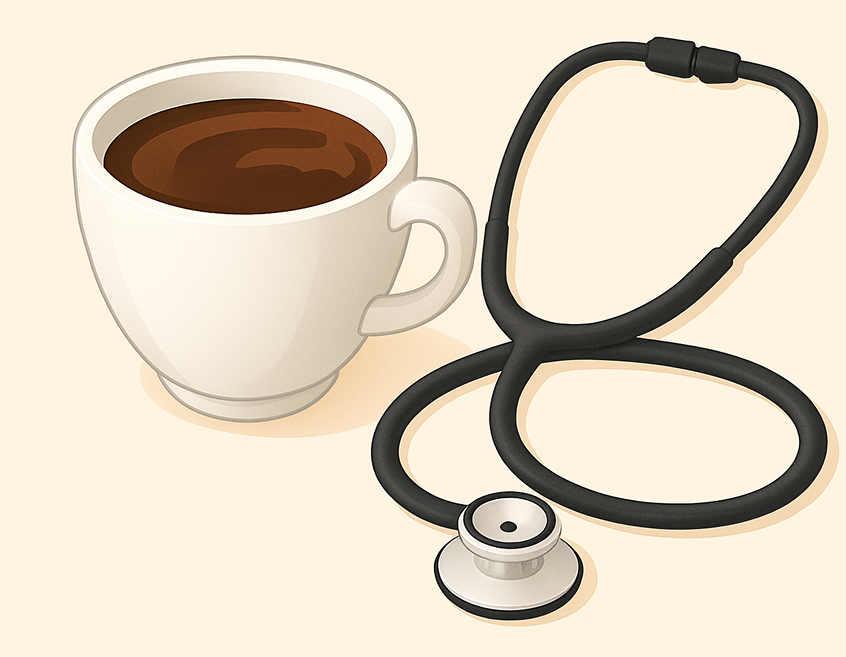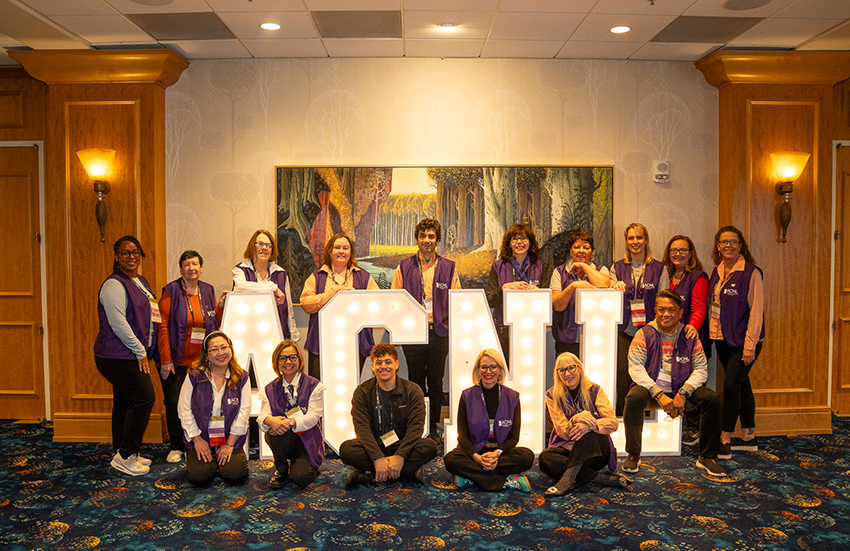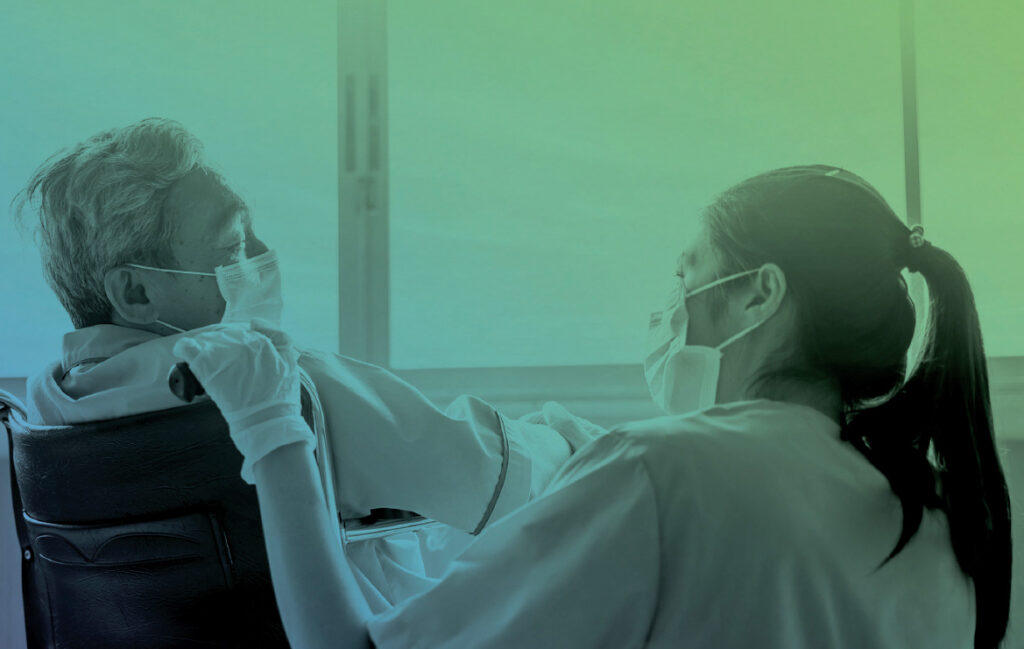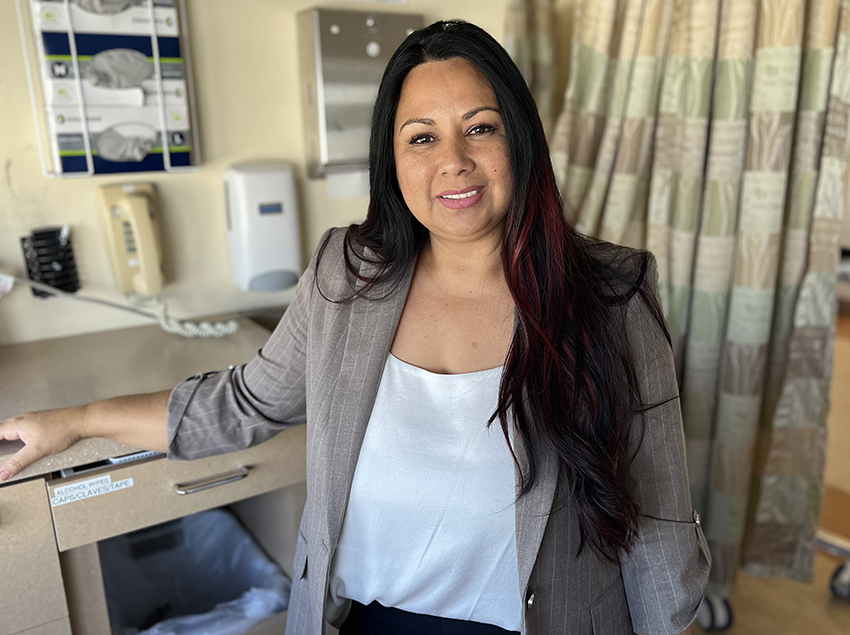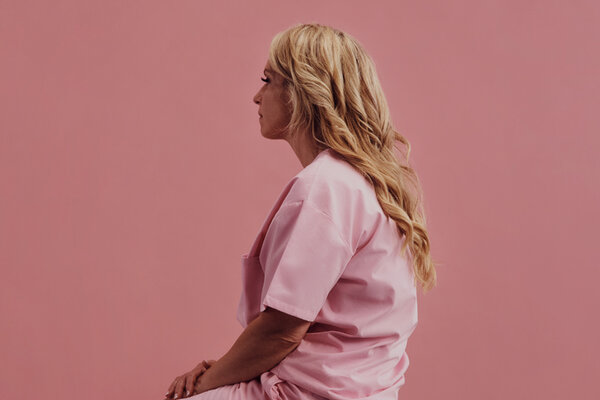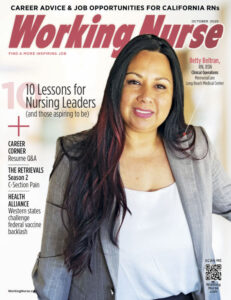Nursing & Healthcare News
Psychological Impact of COVID-19 on Nurses
ANA releases data from their survey series
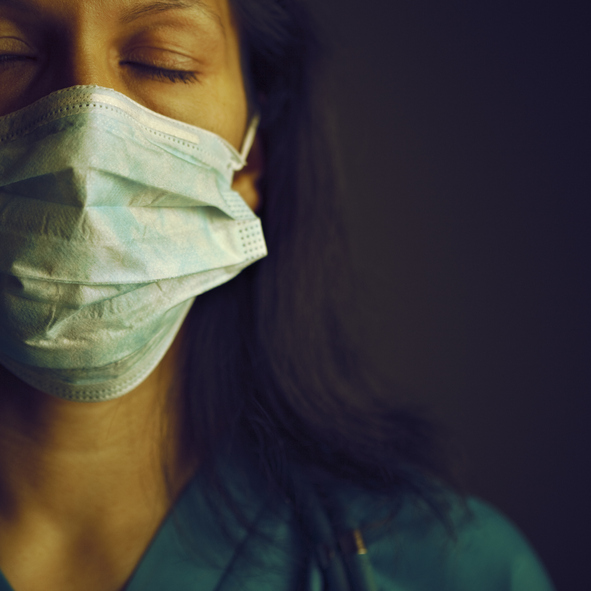
If the pandemic has you at the end of your rope, you’re not alone. A recent survey finds that while many nurses across the country feel a strong sense of purpose now, others are stressed, fearful and overwhelmed.
Trouble Sleeping
The survey, which was conducted between March and June by the American Nurses Foundation (the philanthropic arm of the ANA) as part of their Pulse of the Nation’s Nurses Survey Series, drew almost 10,000 responses from nurses in various practice settings.
Those responses reveal the widespread psychological strain COVID-19 is causing America’s nursing workforce. Twenty-nine percent of respondents say the pandemic has left them depressed while more than half (52 percent) say they feel overwhelmed. Almost three-fourths — 72.6 percent — report sleep issues such as insomnia or oversleeping.


